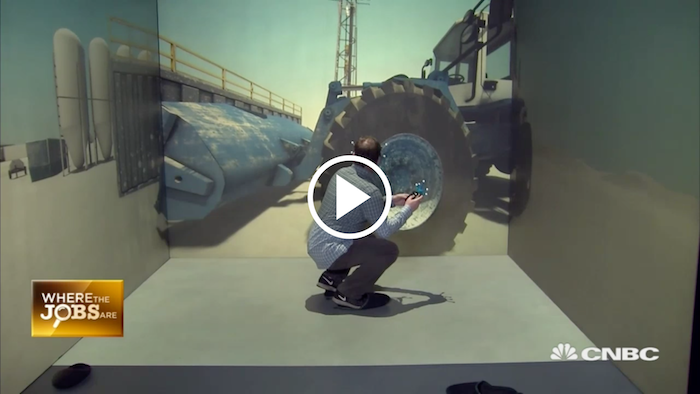Last week, venture capitalists Steve Case and J.D. Vance announced they had raised $150 million for a new seed fund for startups located in Middle America. If you read VentureBeat’s coverage on the announcement last week, you’ll know that what was most important about the announcement was not that the fund had raised $150 million, but that the $150 million had come from high-profile investors like Jeff Bezos, Eric Schmidt, and Meg Whitman.
Investors like Bezos, Schmidt, and Whitman can offer young startups more than just money — they can also make connections on behalf of startups to the other top investors, corporations, and talent in the country. I also discussed how investors who might want to follow in the footsteps of Bezos, Schmidt, and Whitman should do their due diligence before making the Heartland their next area of investment.
If you’re interested in learning more about the pros and cons about the Rise of the Rest seed fund, I also recommend that you check out this op-ed from Victor Gutwein, the founder and managing director of M25, a Midwest VC firm focused on early-stage tech companies. He stresses that coastal investors need to make investments in the Midwest “city-by-city, without sweeping generalizations.”
Please send feedback, news tips, or story suggestions to me via email, and please remember to share these #HeartlandTechstories on Twitter, LinkedIn, and Facebook.
Thanks for reading,
Anna Hensel
Heartland Tech Reporter
Featured Video
Please enjoy this video from CNBC “Where the jobs are: virtual and augmented reality jobs are in big demand”
From the Heartland Tech Channel

How 34 Illinois tech organizations are working to close the diversity gap
GUEST: Diversity is a major topic of conversation in tech, but so far, that conversation hasn’t significantly improved representation of women and minorities in the industry. In a recent survey conducted by First Round Capital, nearly 68 percent of founders across the country believe that the tech industry will not become representative of the general population in […]

How the U.S. government could increase seed capital in the Midwest
Every founder, funder, and entrepreneurial support organization in the Midwest says the exact same thing: There just isn’t enough early-stage capital. Even a city with a relatively well-developed (by non-Silicon Valley standards) venture capital scene, like St. Louis, still faces a severe shortage of seed and pre-seed funding. That problem led several organizations to create […]

5 lessons U.S. startup communities should learn from 2017
GUEST: At Engine, we spend our days championing policies and initiatives that support startups. As we entered 2017 amid a new presidential administration and a flurry of media coverage over the economic distress of Middle America, we wanted to share the stories of the thriving startup communities that have already taken root across the country. Through […]
Beyond VB
Job training programs shouldn’t overlook small businesses
The nation’s workforce training and job placement programs have long focused on large businesses. This is hardly surprising, given that larger employers often have multiple positions to fill, whereas most small businesses add one or two employees at a time. (via NextCity)
The U.S. leads in artificial intelligence, but for how long?
Even as the world’s top artificial-intelligence researchers gathered in Los Angeles this week, many are beginning to wonder just how much longer the U.S. will remain the epicenter of AI. (via MIT Tech Review)
Amazon has sharply curtailed hiring in Seattle as it seeks second headquarters
Amazon has significantly cut the number of open positions in Seattle, and some employees are talking about a hiring freeze, according to the Seattle Times and two employees who spoke to CNBC. (via CNBC)
Is Reno really the next Silicon Valley?
Northern Nevada has garnered national attention as a major technology hub, particularly since Tesla began building its Gigafactory. (via KUNR)

